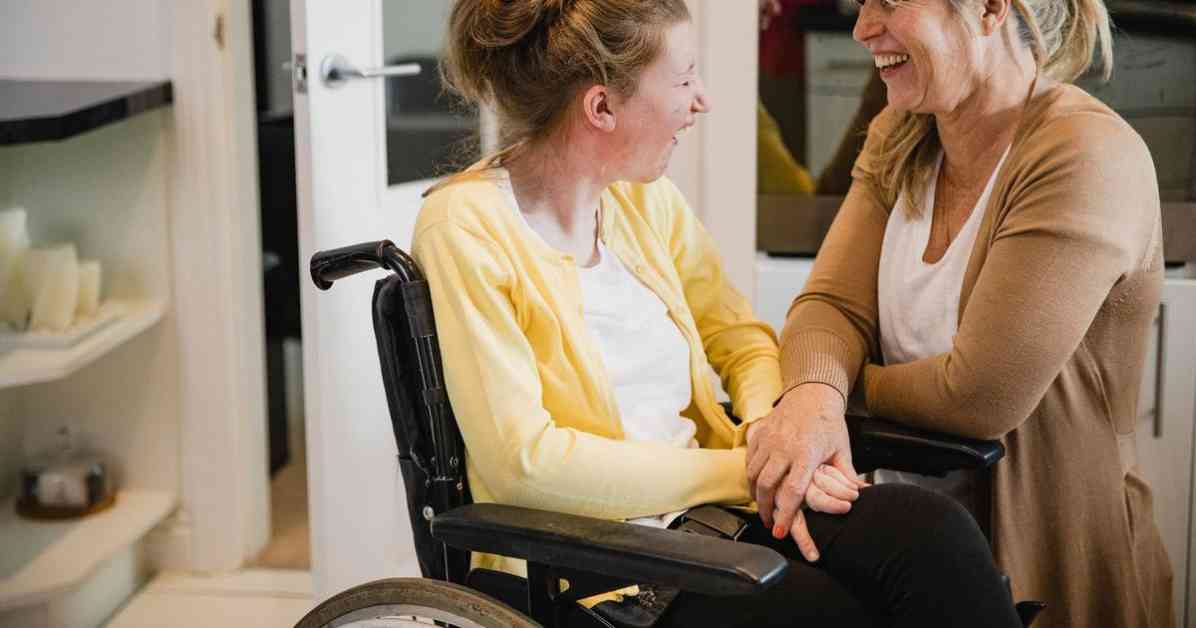More than half of the people who take care of their family or friends are not able to take unpaid time off work because of money problems, according to a new study. The research, which surveyed 12,500 unpaid carers, found that the main reason for not taking unpaid leave was the financial cost. Carers UK, the organization behind the study, emphasized the importance of having a legal right to paid leave. Nearly 80% of those surveyed said that paid leave would help them manage their work and caring responsibilities better. However, 56% admitted that they did not take unpaid leave because they could not afford to do so. Helen Walker, the chief executive of Carers UK, pointed out that many carers struggle to balance their job and caregiving duties, especially when they do not receive enough support. She also mentioned that paid carer’s leave would be especially beneficial for those who earn low wages, as they often cannot afford to take time off work without pay. Additionally, women, who are the main providers of unpaid care, are more likely to be negatively affected by this issue.
Taking care of a loved one can be emotionally and physically draining, and adding financial stress to the mix only makes it harder for carers. It is essential for employers and policymakers to recognize the challenges faced by carers and provide them with the necessary support. Paid carer’s leave can make a significant difference in the lives of those who are looking after their family members or friends.
In addition to financial support, carers also need access to resources and services that can help them in their caregiving role. Many carers experience isolation, burnout, and mental health issues due to the demands of their responsibilities. Therefore, it is crucial to raise awareness about the importance of supporting carers and to provide them with the tools they need to take care of themselves while looking after others.
By addressing the financial, emotional, and practical needs of carers, we can create a more inclusive and compassionate society that values the essential work they do. It is time to prioritize the well-being of carers and ensure that they have the resources and support they need to continue their vital role in our communities.












